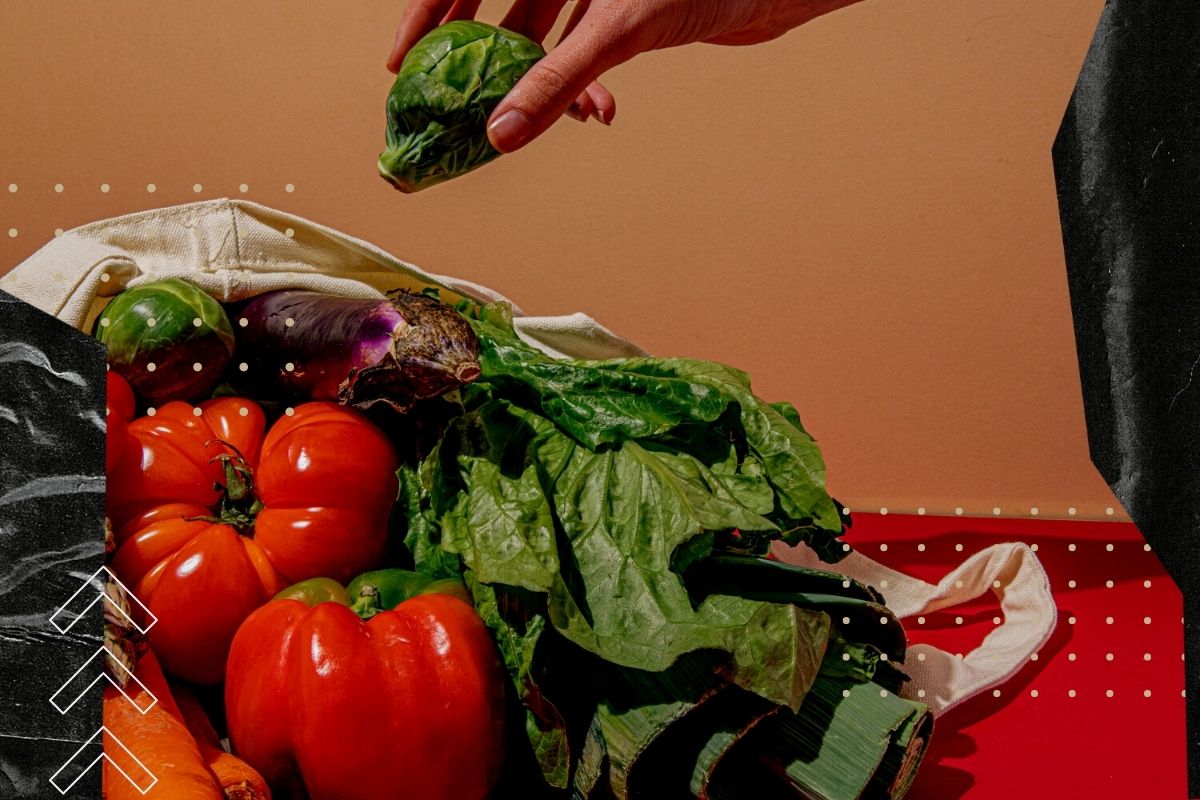Intermittent fasting can be a tricky diet to master. It’s not uncommon to find someone give up after just a few days. This is often because people don’t know how to go about it, or they try to rush things too much. However, it does come with some costs.
There are upfront expenses like buying a new piece of equipment if you don’t already have one or hiring a personal trainer for guidance and accountability. Additionally, you can save money on food by buying fewer groceries more often.
You will probably have to eat the same meals over the course of a week or buy ingredients in bulk once per month rather than every few days. It also means eating smaller meals and snacks more often to stretch your dollar farther.
Plan Before You Fast
You need to decide how long you want to fast for, what kind of nutritional benefits you’re hoping to reap, how you’ll break your fast and what kind of diet you’ll transition to next. Each of these will affect your spending. For example, if you want to lose a significant amount of weight, you’ll need to buy more food to last you longer.
If you decide to do a water fast (no food or caloric drinks), you’ll need to buy lots of electrolytes and supplements. Likewise, if you plan to do a juice fast, you’ll have to buy lots of juicing equipment.
If you want to gain muscle mass or improve your athletic performance, you’ll need different nutrients and supplements.
Set a caloric goal
If you’re intermittent fasting to lose weight, you’ll need to set a caloric goal. This will help you keep your spending in check by allowing you to buy just enough food to hit your caloric goal for the day rather than overspending on food you don’t need. It’s important to note that the numbers on food packaging are based on an average person (who eats three meals a day) and may not be accurate for you.
You can either use an online calculator to find your caloric needs based on your age and gender or find a nutritionist who can help you figure out your caloric needs.
Buy in bulk once per month
If you’re spending more money on food, you may want to buy in bulk once per month. This will help you save money on food because you’ll be buying fewer groceries more often. It also means eating smaller meals and snacks more often to stretch your dollar farther.
If you’re eating the same meals over the course of a week or buying ingredients in bulk once per month rather than every few days, it also means you’ll have less food waste. This will save you money on food and reduce your environmental impact.
Batch cook your weekly meals
You can also save money on food by batch cooking your weekly meals. You can do this by doing a meal plan and batch cooking your food on the weekend.
This will help you save money on food because you’ll be buying fewer groceries more often. It also means eating smaller meals and snacks more often to stretch your dollar farther.
If you’re doing intermittent fasting to lose weight, batch cooking your food on the weekend will also help you save money on food because you don’t have to buy as much food. It also means having less food waste.
Eat real food
Intermittent fasting will cost you more money if you try to replace real food with protein bars or shakes. While these may be convenient and help you hit your caloric goals, they can be costly.
If you’re intermittent fasting to lose weight, real food will help you save money on food because it’s cheaper than protein bars or shakes. It also means having less food waste and eating a healthier diet.
Track what you eat
You can also save money on food by tracking what you eat. This will help you find ways to stretch your dollar further and make healthier choices. In addition, you can also use intermittent fasting to track your progress, which will help you stay motivated.
For example, some people will count their calories, while others will track their macros (fats, carbs and proteins). While counting calories may be easier, tracking macros can offer more insight into how the foods you eat affect your body.
Unexpected financial benefits
Intermittent fasting can also help you earn more money. For example, it can help you lose weight and look more attractive, which can help you get a better job. It can also help you save money on health care costs by improving your blood pressure, cholesterol, and blood sugar.
It can also help you save money on energy and water bills. If you’re intermittent fasting to lose weight, you’ll need less energy and water to stay cool and hydrated.
Conclusion
Intermittent fasting is a great diet, but it can be a little costly. However, if you plan ahead and make smart decisions while intermittent fasting, you can save money on the diet.
Remember that the best thing you can do for your wallet is to make sure you stay on track with your diet. so that you can reap all the benefits intermittent fasting has to offer.





